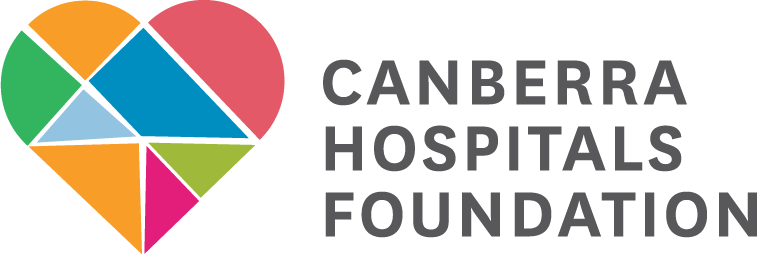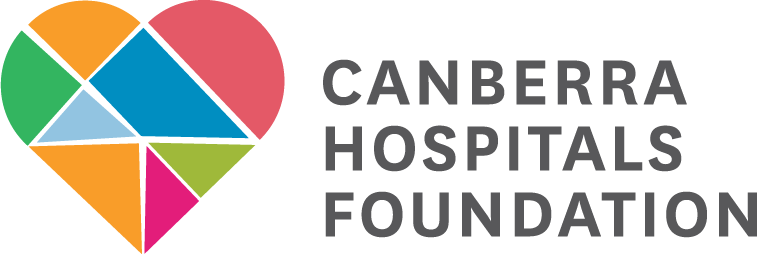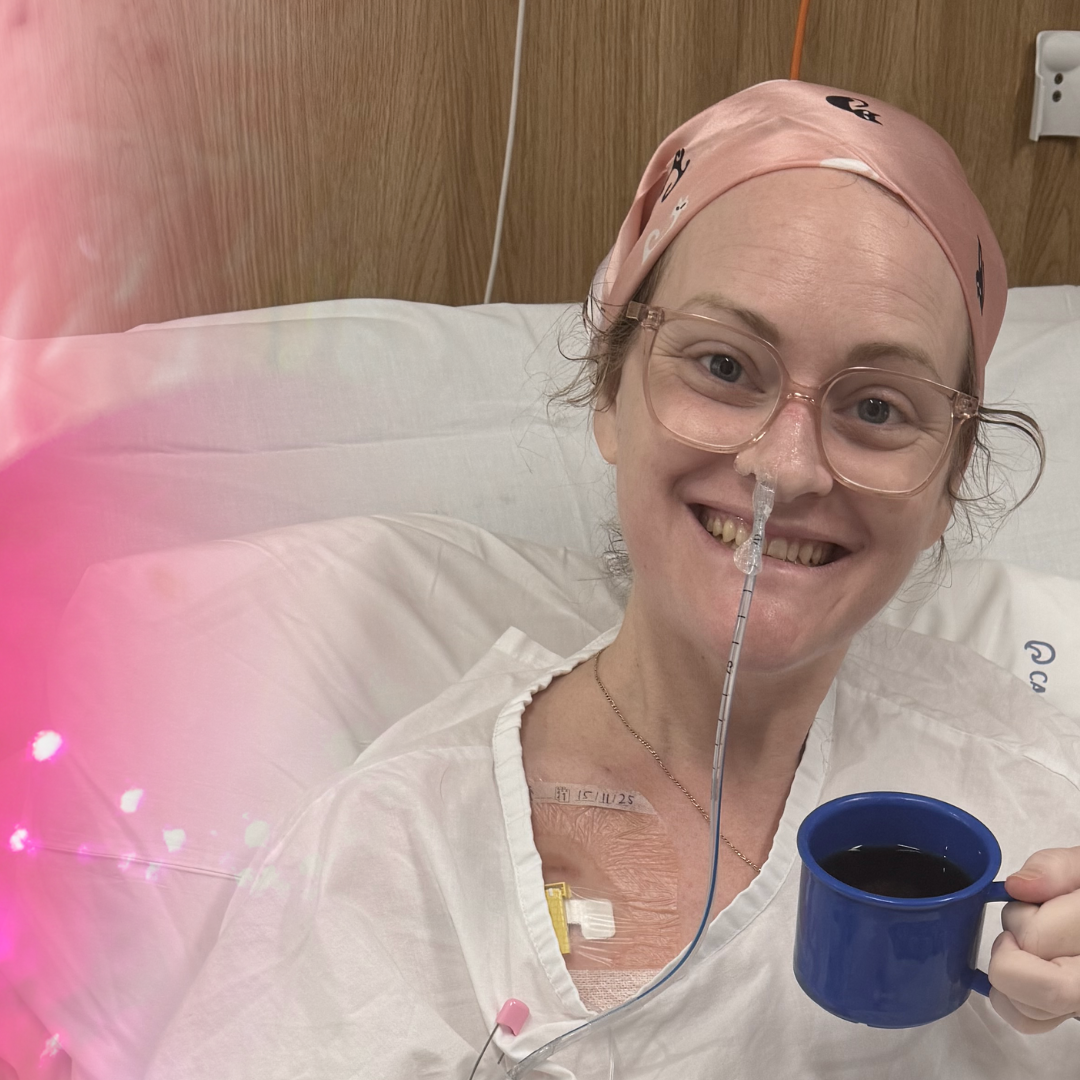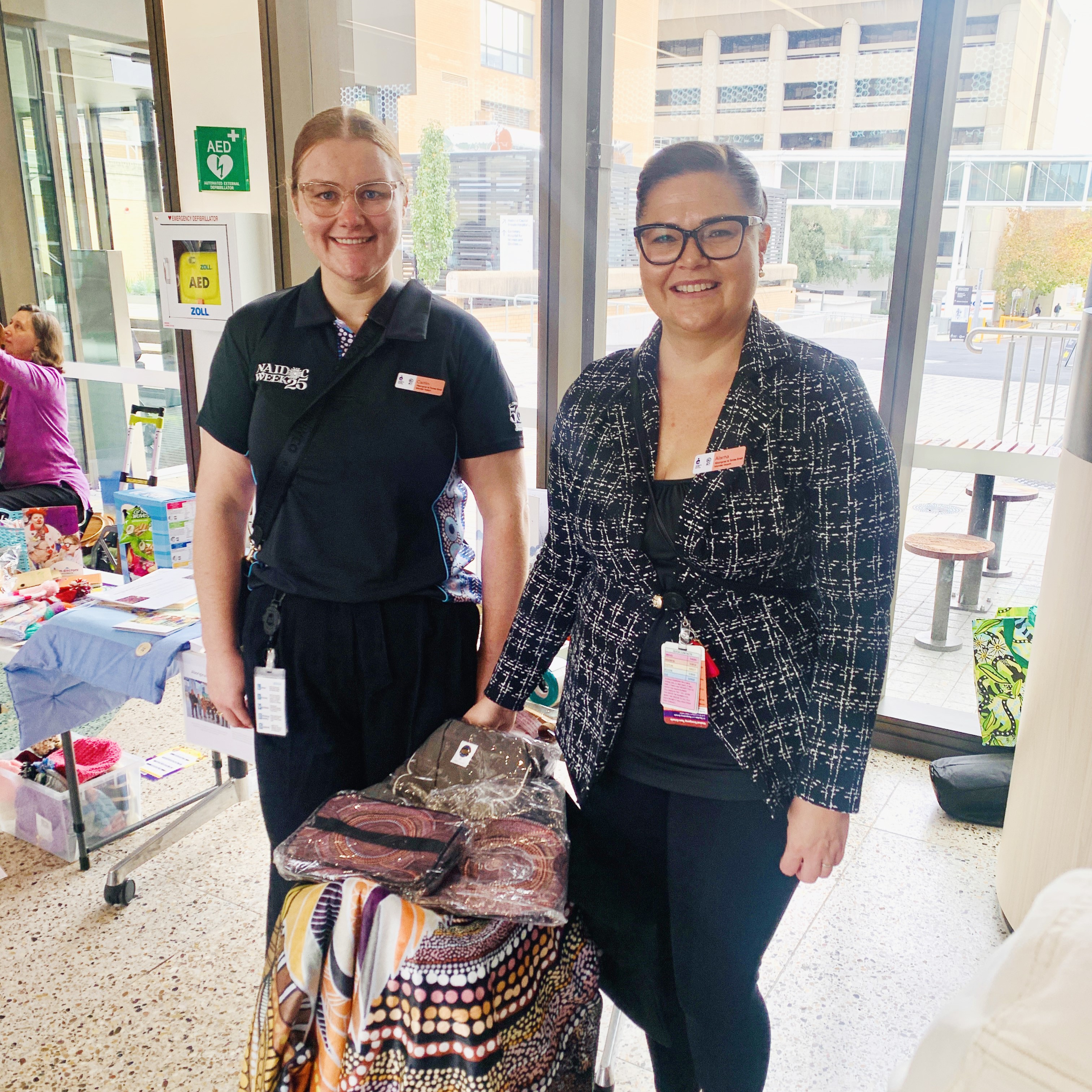Managing a mental health crisis as an adolescent can be incredibly hard, at times resulting in a young person presenting to an emergency department in crisis and requiring an admission to hospital for treatment. It affects every aspect of their lives, and their families' lives.
Thanks to the support of our generous community, the Canberra Hospital Foundation has been able to help enhance a day program which supports these young people leaving hospital, so that they have intensive support reintegrating back into the community.
The Acute Adolescent Day Program (AADP) is a new service that commenced in June 2022 which aims to provide timely intensive support to adolescents following an acute period of mental state deterioration resulting in hospitalisation. In this way the service aims to support recovery and help reduce the need for further rapid admission.
Adolescents aged 12 to 18 years who are experiencing significant mental health issues can access specialist outpatient services through the program. This includes structured programs that incorporate education and skills training focused on health literacy, self-management, social skills, emotional regulation, daily living skills and recreation.
The AADP provides group based and individual intervention targeting distress tolerance, interpersonal skills, emotional regulation and mindfulness. During its four week duration, there is ongoing liaison and communication with parents and carers. Learning occurs via a range of modalities including though expressive therapies like art and music, education groups and activity groups.
Through kind donations from our community, the Canberra Hospital Foundation has been able to purchase equipment to support mediation, yoga, art therapy and health and wellbeing fitness classes for this service.
These items are used in therapeutic art programs, groups activity sessions and with exercise physiologists to enhance the patient experience and support the health care teams to deliver exceptional patient care.
Speaking with Allison Vasquez, Psychologist and Team Leader of AADP at Canberra Health Services, the many benefits of these funded items quickly became apparent.
“Our sensory equipment, such as our weighted plush toys are used every single day by our participants. Navigating a new group environment like the AADP can be very challenging for our participants, so having sensory equipment ready for their use has a huge impact on their ability to help calm themselves. Our participants who often cope with anxiety, will often sit or lay the weighted items on their person. The heaviness of the item often helps ground the participant and help focus on the here and now.”

“I love Snappy, the weighted crocodile plush toy. When I’m anxious, I sit him on my lap and pat it. I can’t explain it, but he makes me feel better. I’m going to buy one of my own”, a participant told Allison.
The support that participants can receive for their mental wellbeing through the AADP includes movement sessions and classes.
“The exercise equipment has been so beneficial for our participants. Our boxing equipment, juggling balls and yoga mats have been very popular. The variety of equipment has allowed us to engage adolescents with all different exercise capabilities in activating activities."


"It has allowed us to show them that movement can be enjoyable, and debunk the perception that movement has to be going for a run, or swim,” explains one of the Exercise Physiologists from the AADP team.
“Movement can be centring to your balance, stretching, boxing, dancing and even activities that test reaction time and all our equipment has allowed us to demonstrate this. It’s helped us teach participants that mental wellbeing is beyond medication, it also includes movement, sleep and diet.”
The experience of mental illness can have a significant impact on a young person’s social and educational development. Adolescents who have been hospitalised for reasons of mental health or are at risk of being hospitalised are particularly impacted. Quality and timely intervention that is tailored to the individual young person can significantly reduce the long-term effects of this impact.
Another example of the interventions being used include music therapy.
“Our music equipment has been a huge hit. Our music therapist, James, has implemented creative ways to explore how music is a therapeutic tool to express emotion, manage distress and cope with difficulties,” Allison shares.

“We have been able to use our musical equipment to create songs that express how to assert oneself interpersonally and have used our percussion equipment to practice mindfulness. Our participants have evidently enjoyed using the available equipment as have all our staff.”
With depression, anxiety and behavioural disorders the leading causes of illness and disability among adolescents, services such as AADP are so important to keep adolescents aged 12 to 18 years experiencing significant mental health issues out of hospital, and to support the recovery of those who have required admission.
Thanks to our generous community, we've been able to help deliver a range of wellbeing, fitness and social classes for the Acute Adolescent Day Program. With your support we can continue to help the team optimise their programs. Please donate and fill the bucket for more projects like this in the year to come.

















